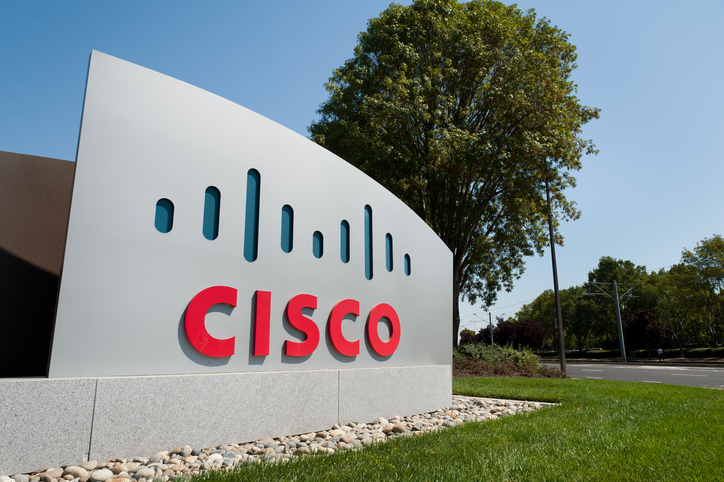Sun Microsystems CEO Scott McNealy has announced that his company will allow open source software developers to freely share programs created with Sun’s Java language.
Announced at the JavaOne developer show, the concession has been made in response to growing complaints in the open source community about Sun’s restrictions on open source Internet postings. In January the Apache Software Foundation wrote a letter demanding the re-drafting of membership rules developers agree to upon joining the Java community.
Despite its complexity, Java has attracted many more new developers than established languages such as C and C++. However, it has been long argued that Sun’s control over the language was too strong and was inhibiting wider adoption.
Sun says its latest concessions will end these doubts, but they still have to be ratified by other companies in the Java community, including Hewlett-Packard, BEA Systems and IBM. At JavaOne McNealy said that increased use of Java would help counterbalance Microsoft’s attempts to dominate web services with its .Net platform.
Sun has also committed itself to spending $1 million (€1.14m) to provide technical support to Java developers at non-profit organisations, such as the Apache Software Foundation.
While promoting Java as a means to prevent the domination of Microsoft in the growing area of web services, McNealy also said that Java is incredibly popular on its own merits. “Java is now a more prevalent language on US campuses than even English,” claimed McNealy.
Many universities now teach their introductory programming classes in Java, rather than C++. Java is also popular in universities largely because students enjoy taking apart programs and examining source code – something that is possible with open source code, but not with Microsoft’s closed applications.
Due partly to Microsoft’s restrictions, most current academic research is also based on open source technology. In an attempt to reach out to young programmers and academics, and to promote Microsoft over Linux, the software giant has now announced a program to share more than a million lines of source code for .Net with universities.
Microsoft hopes that professors will use the code in computer classes and that students will tinker with it and maybe even suggest improvements. Microsoft is also offering free or very cheaply priced software to universities, issuing research grants and paying for professional training. In fact, around 15% of Microsoft’s $250 million (€285.8m) research department budget goes to universities.










